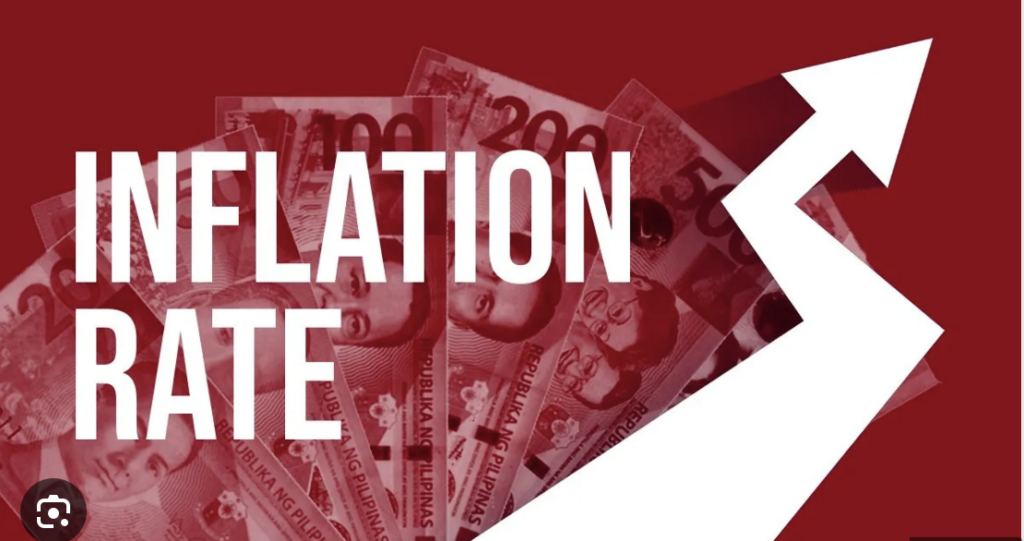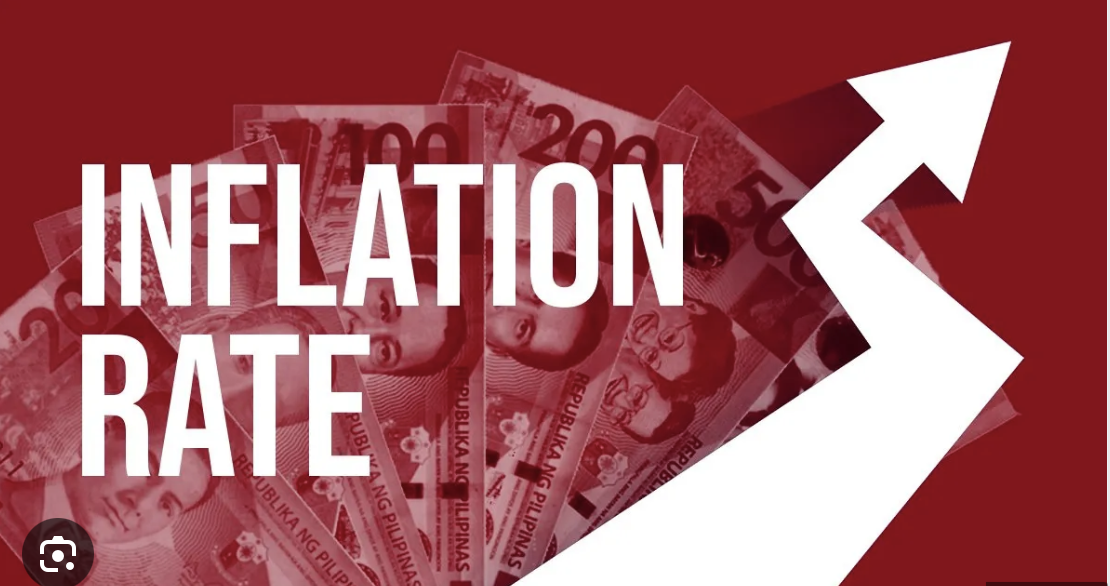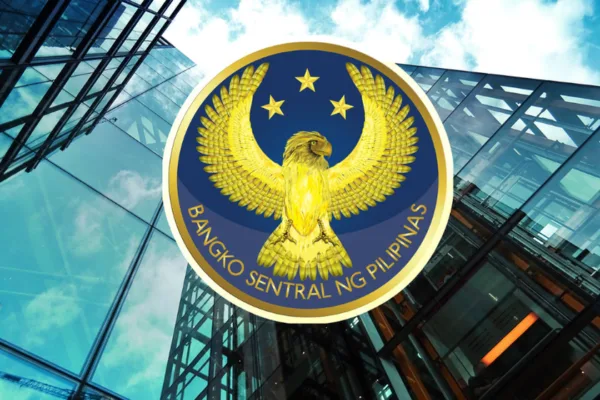The Philippine government has maintained its inflation target at 2.0-4.0% for the next four years, spanning 2025 to 2028.

This decision, announced by the Development Budget Coordination Committee (DBCC) in consultation with the Bangko Sentral ng Pilipinas (BSP), aims to provide a stable and predictable environment for economic growth.
The DBCC, in its meeting on December 2, 2024, recognized the current 2.0-4.0% inflation target range as appropriate for the Philippine economy’s medium-term price stability goals. This decision considers the country’s current economic structure and the projected macroeconomic outlook over the next few years.
Factors supporting inflation rate targets
- Manageable Inflation Outlook: Despite potential upside risks, the DBCC anticipates a manageable inflation outlook.
- Aggregate Demand: Easing monetary conditions, an improving labor market, and the ongoing implementation of investment-enhancing structural reforms are expected to support domestic aggregate demand.
- Anchored Inflation Expectations: Inflation expectations remain anchored to the current target, indicating confidence in the BSP’s ability to maintain price stability.

Addressing potential risks
While the outlook appears positive, the DBCC acknowledges the risk of potential domestic and external shocks.
The government emphasizes the importance of continued close monitoring and proactive intervention measures across all sectors to mitigate these risks effectively.
The DBCC, in collaboration with the BSP, will conduct annual analyses of macroeconomic trends and potential structural shifts to ensure the continued relevance and appropriateness of the inflation target. The results of the BSP’s monetary policy framework review, scheduled for 2025-2026, will be carefully considered in subsequent assessments of the target.
The BSP, as the country’s central bank, will maintain its primary focus on safeguarding price stability. This commitment is crucial for fostering balanced and sustainable economic growth and employment.
December 2024 inflation outlook

The BSP projects December 2024 inflation to settle within the range of 2.3% to 3.1%, with the full-year average expected to be around 3.2%. This projected average falls comfortably within the 2-4% inflation target for 2024.
Factors Influencing December Inflation:
- Upward Pressures:
- Supply Disruptions: Recent weather disturbances have disrupted the supply of major food items, potentially leading to increased prices.
- Higher Electricity and Petroleum Prices: Rising electricity and petroleum costs could also contribute to upward price pressures.
- Downward Pressures:
- Lower Agricultural Commodity Prices: Lower prices of agricultural commodities like rice are expected to partially offset these upward pressures.
Earlier this year, the BSP also announced that the Philippines has successfully met its ambitious target of digitalizing half of its retail payments and is now on the right track towards achieving its goal of being a cashless economy.
As of 2023, an impressive 52.8 per cent of monthly retail transactions are now being conducted digitally, marking a significant milestone in the country’s journey towards a cashless economy.
This achievement underscores the BSP’s commitment to driving financial innovation and inclusivity. E-payments dominate the digital transaction landscape, making up 40.1 per cent of all payments. The surge in digital transactions also highlights the growing acceptance and convenience of cashless payments among Filipinos.
Data-dependent approach
The BSP will continue to closely monitor developments affecting the outlook for both inflation and economic growth.
The central bank will adopt a data-dependent approach to monetary policy decision-making, ensuring that its actions align with the evolving economic landscape.
In the end, the Philippine government’s decision to maintain the inflation target at 2.0-4.0% for the next four years reflects its commitment to price stability and sustainable economic growth.
By closely monitoring economic conditions and implementing appropriate measures, the government aims to create a conducive environment for businesses and consumers to thrive.








